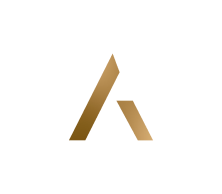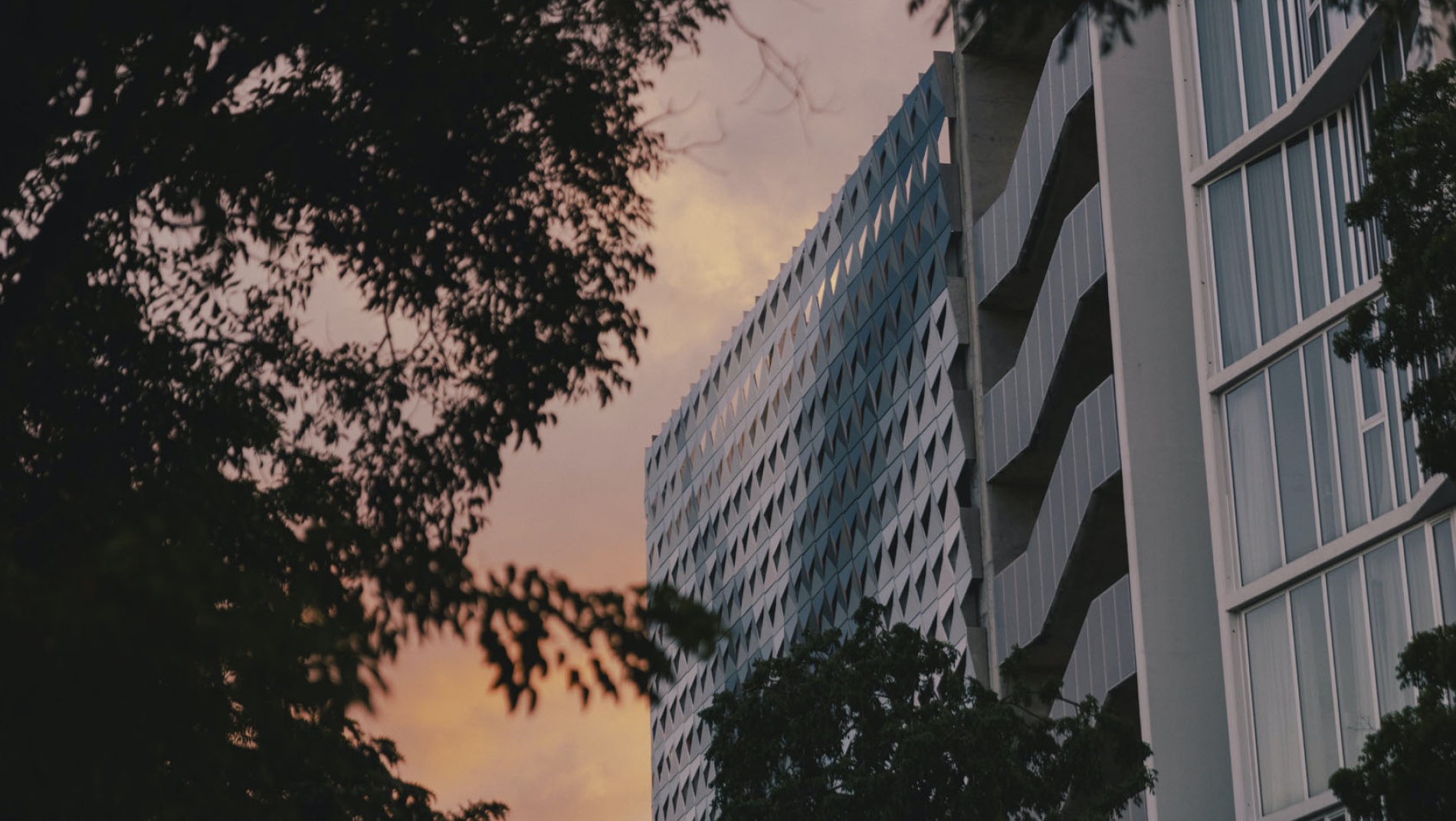2020 has unquestionably been a time of uncertainty in many aspects of our personal and professional lives. It is especially difficult because we do not know how everything will evolve for the remainder of the year and into next year. This makes financial planning for 2021 and beyond particularly challenging. AKAM actively applies its resources and vast experience to the budgeting process of all our managed properties and here are some insights in Q&A format.
Some shareholders and unit owners are having difficulty paying maintenance and common charges. What’s the best recourse?
Buildings have a significant amount of non-discretionary expense line items in the operating budget including building staff payroll, utilities, repairs and maintenance, and insurance, to name a few. It is imperative that maintenance and common charges are paid in-full and on-time in order to fund operating expenses. In extreme cases where a share-holder or unit owner is in a financial situation where payment of maintenance or common charges is an issue, the Board should balance the sensitivity around the financial challenges that the person is facing due to the pandemic with the Board’s fiduciary responsibility to the building’s near and long-term financial needs. The Board should engage legal counsel and the respective shareholder or unit owner in conversations to discuss mutually agreeable payment plans and other workouts so that maintenance or common charge payments do not fall behind. “Decisions of this nature should always be made in consultation with the building’s legal counsel to ensure all steps are taken in accordance with the building’s governing documents.” Says Meagan Mooney, Vice President of Finance for AKAM.
Additional expenses and loss of rent due to delinquencies have put a strain on cash flow. How can this best be managed?
In situations where unexpected expenses and short falls in income to the building are prevalent, the Board should work with its professionals to reconsider projects and discretionary expenditures until the building’s financial situation has improved. In certain cases, an assessment may be necessary when operating cash reserves are not available. A plan to build or rebuild operating cash reserves should also be incorporated into the building’s financial strategy moving for-ward. “Nonessential projects planned for this year and for the foreseeable future may need to be delayed to preserve capital reserves in order to conduct capital improvements necessary to meet health and safety mandates,” according to Andy Leight, Senior Vice President of AKAM.
We are having payment issues with some of our commercial tenants. What should we do?
Rents collected from commercial tenants can be a substantial portion of the income a building budgets for to fund its operating expenses and can therefore have serious implications if a commercial tenant defaults on the lease. The Board should consult with its team of professionals including the management company, legal counsel, and financial advisors to analyze the commercial leases and prepare a plan on how to address the payment issues with the respective commercial tenant. Creative plans on alternative uses for the commercial space in question to generate income for the commercial tenant that may not have been in the original lease may be an option depending on the building’s governing documents and what is permitted from a zoning perspective. “Commercial leases include language on specific remedies the building has when a commercial tenant defaults on lease payments, and those remedies should be applied first prior to any other form of work out to preserve the building’s rights under the lease.” says Michael Rogoff, President of AKAM.

